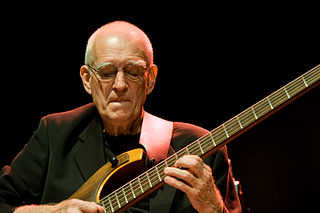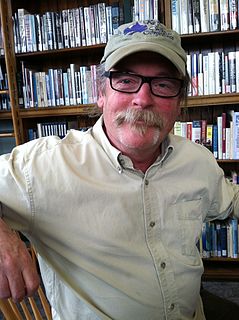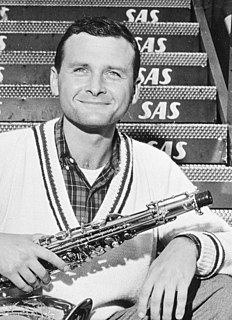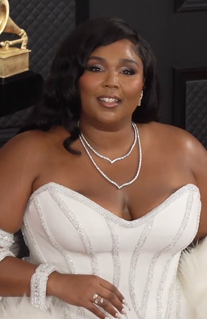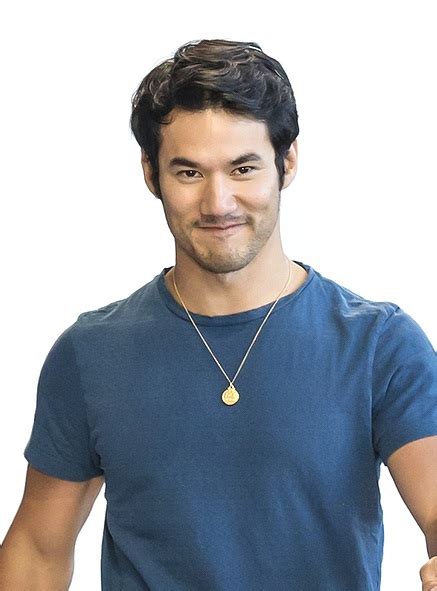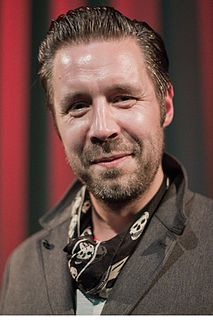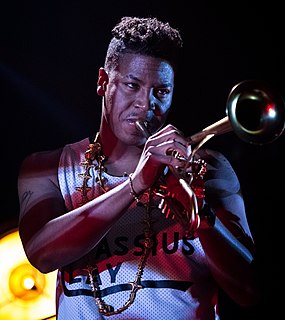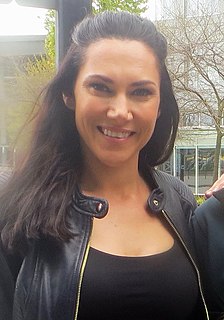A Quote by Steve Swallow
I found it liberating of necessity to devise my own style and my own tactics and to look for a voice on the instrument because there weren't really any that impacted strongly on me.
Related Quotes
When I was studying at Berklee, I got the feeling I couldn't play the [guitar] at all, because I could not use my own things as they didn't fit any set pattern. When I joined [Chico Hamilton], he helped me immensely to develop my own style. He never forced me in any set way. At all times, he encouraged me to be myself on the instrument.
When a new writer defends his "style," the teacher smiles (or cringes) because real style isn't an artifice. Real style - voice - arrives on its own, as an extension of a writer's character. When style is done self-consciously and purposefully it becomes affectation, and as transparent as any affectation - an English accent on an old college chum from New Jersey, for example.
For me, cultivation of my own style really started by looking at people. There are just some really beautiful people in the world. When you're walking down the street, or you're at a restaurant, someone catches your eye because they have their own look. It goes way beyond what they're wearing-into their mannerisms, the way they smile, or just the way they hold themselves.
Did you know that the human voice is the only pure instrument? That it has notes no other instrument has? It's like being between the keys of a piano. The notes are there, you can sing them, but they can't be found on any instrument. That's like me. I live in between this. I live in both worlds, the black and white world.
Switch to piano! No. Really, if you like an instrument that sings, play the saxophone. At its best it's like the human voice. Of course, it would be best if you could actually sing with your own voice. The saxophone is an imperfect instrument, especially the tenor and soprano, as far as intonation goes. Therefore, the challenge is to sing on an imperfect instrument or 'voice' that is outside of your body. I love that challenge and have for over forty-five years. As far as playing jazz, no other art form, other than conversation, can give the satisfaction of spontaneous interaction.
I was also very lucky to be able to work with talented people while I was learning. I didn't actually go to fashion school. I worked with Riccardo Tisci at Givenchy which was a really pivotal experience for me. He taught me a lot about being faithful to your own voice and to really believe in your own voice and that's made a big difference.
Sometimes directors get hired into TV shows, and it's so formulaic and they're a slave to whatever everybody wants them to do. But everyone came in with their own style, and it blended together with the Helix style that was set, and at the same time, they're bringing their own ideas and their own input. It was really fun working with all of them.
